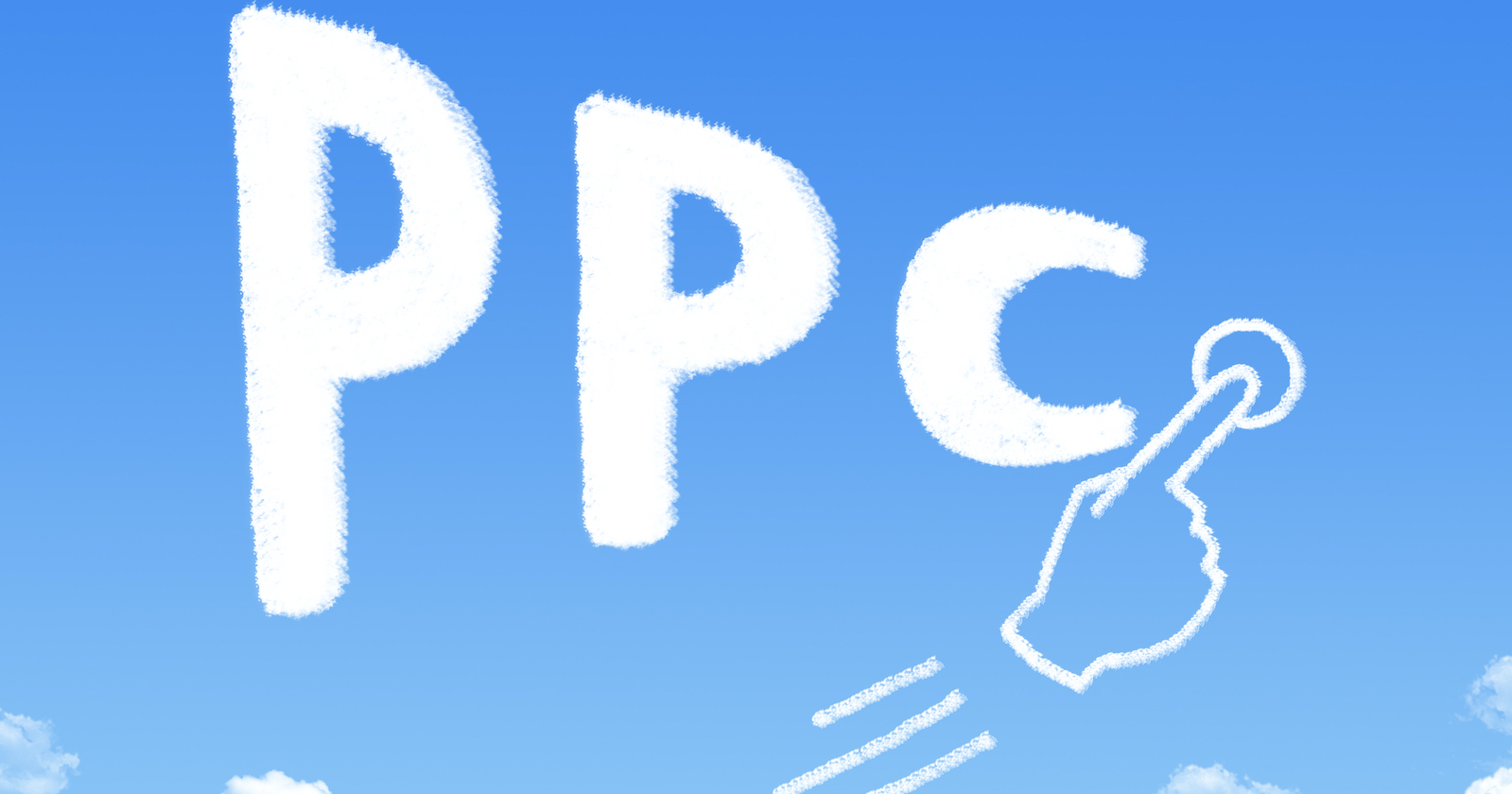For as long as paid search has been around (and it’s been a while now!), certain stubborn PPC myths have plagued the channel.
These myths lead people to approach PPC with incorrect assumptions that cause their programs and campaigns to suffer.
Not to mention, it just gives PPC a bad rap.
Let’s dispel these myths once and for all so you can see beyond them and approach your PPC strategy with clear eyes.
PPC Myth #1: Paid Search Doesn’t Work When the Decision-Making Process Is Long and/or Emotional
I saw this myth in action recently when an agency that focuses on the eldercare market asked for help with their Google Ads.
Their PPC wasn’t converting at all, and they wanted specific recommendations to turn things around.
Upon inspection, it was apparent that the problem didn’t lie with PPC at all but in their overall marketing strategy.
The agency was using ads and landing pages to try and get people to complete an application form to have their loved one admitted to one of their care homes.
Is it any wonder that this strategy wasn’t working?
Would you be convinced and suddenly convert from a, “Come have your Mom live with us…” ad?
Instead of recognizing that their strategy was off, they blamed PPC.
Deciding on a care home for a parent is a long process fraught with emotion.
You won’t make that decision based on an ad, no matter how nicely it is constructed.
But that doesn’t mean PPC doesn’t have an important role to play here.
You could use PPC to introduce your care home to caregivers considering their options.
Use GDN advertising to target readers of related articles. Or, use remarketing to serve ads to people who are actively looking for information.
Trying to get people to complete an application form for admission is too ambitious. Instead, try asking people to sign up for a tour of your care home to start.
You can’t reasonably expect to go from zero to a hundred with one PPC ad, which is why PPC must be part of a larger marketing strategy.
Any marketing initiative that’s poorly executed won’t work, whether it’s PPC or any other type of campaign.
PPC Myth #2: Paid Search Is Best Used Get to the Top of SERPs in the Short Term
Many startups plan to use PPC to get to the top of SERPs until their SEO “kicks in.”
Businesses launching new products often have the same idea.
And yes, you often can use PPC to get you on that front page of Google search results.
But again, this is flawed thinking.
First, there’s no guarantee that SEO will eventually get you to the top of SERPs, no matter how great your strategy. Many of our clients never reach the first page, and they work with some of the top SEO agencies!
Second, even if SEO does get you on the first page, there’s no guarantee you’ll stay there.
If Google has to do is adjust their search algorithm, and you could find yourself buried overnight.
Third, and most importantly, SEO and PPC work best when they’re used together.
You shouldn’t have to choose one or the other.
Here’s a scenario where SEO and PPC work together. A shopper needs a product, knowing nothing about your brand.
They search for the product and see your ad.
They click through to your landing page.
Now, you’re on their radar.
Later, they do some more research.
They search for your brand by name and both your organic listing and paid search ad display, further solidifying your brand status.
They click on your organic listing and make a purchase.
In this case, both SEO and PPC played an important role in pulling the customer along your conversion path.
Take either one away, and you undermine the efforts of the other.
That’s why many businesses end up continuing with both PPC and SEO – even when they intend PPC to be temporary.
They recognize that PPC is driving valuable leads and sales, and they don’t want to risk losing those by stopping paid search.
After all, there’s absolutely no guarantee that SEO will pick up the slack (and in my experience, it often doesn’t).
It could be that once your brand reaches the big-time, you won’t need to run search ads anymore.
As far as I can tell, brands like Tesla, Twitter and Pepsi don’t have paid search campaigns.
But until you reach that status, you’d do best to continue with both PPC and SEO.
PPC #3: If a Campaign, Ad Group or Keyword Isn’t Converting as Well as Others, You Should Pause It
This myth seems logical on the surface.
No one has an unlimited budget, so prioritizing and picking your top performers seems to make sense.
However, if you think holistically about your PPC program, you’ll recognize it should consist of a mix of campaign types with a variety of goals.
You want to cater to all parts of the customers’ journey and set yourself up for even better results in the future.
To place all your bets on your top-performing campaigns, ad groups and keywords is like investing all your money in the top-performing stock of the day.
Sure, you might do great in the short term.
But when things change (and they always do), you might find yourself in a financial hole with no way to dig yourself out.
PPC Myth #4: It’s Too Expensive
This old yarn!
I think this myth comes from inexperienced PPC managers who jump into Google Ads with both feet without knowing what they’re doing and are surprised when they use up their budget too quickly.
When your account is managed by an experienced PPC pro, your spending shouldn’t catch you by surprise.
However, I will admit that you sometimes have to be willing to assign a reasonable percentage of marketing budget to PPC to get a good return.
For example, I recently talked to a company that provides a complex service that costs about $8,000 per month.
Most of its customers sign on for two years.
Yet, this company was spending only $500 per month on PPC.
And they were wondering why they weren’t getting big results.
The huge discrepancy between the cost of their service and PPC spend is a big part of the problem.
You can’t expect to market something this expensive and complex with a tiny percentage of your revenue.
I suspect that if this company brought their PPC spending more in line with their revenue, they would experience much better results.
At the end of the day, PPC spend isn’t the metric that matters the most.
PPC ROI is what really counts.
If your PPC program is driving leads and sales that are greater than what you’re putting in, then suddenly PPC doesn’t seem so expensive after all.
It’s Time to Let Go of These PPC Myths
I understand why these myths persist. They may have even been true at one time!
But as PPC, and online advertising as a whole, has evolved, none of these myths hold true anymore.
It’s time to let them go and look at your PPC program with fresh eyes.
More Resources:
- 7 Marketing Disasters That Turned Out to Be Precious Lessons
- 10 Important PPC Trends to Watch in 2021
- PPC 101: A Complete Guide to PPC Marketing Basics
Image Credits
Featured image: Dreamstime.com


